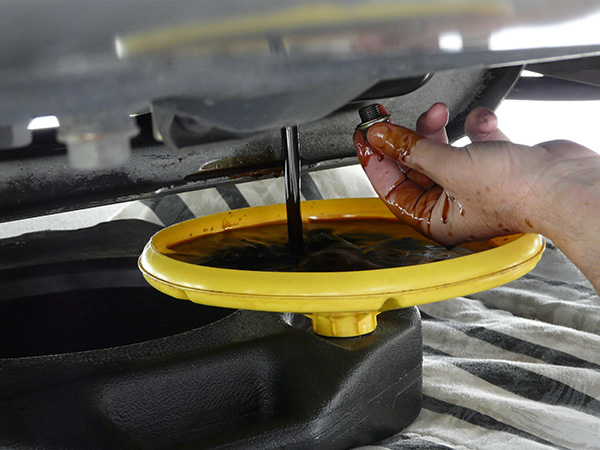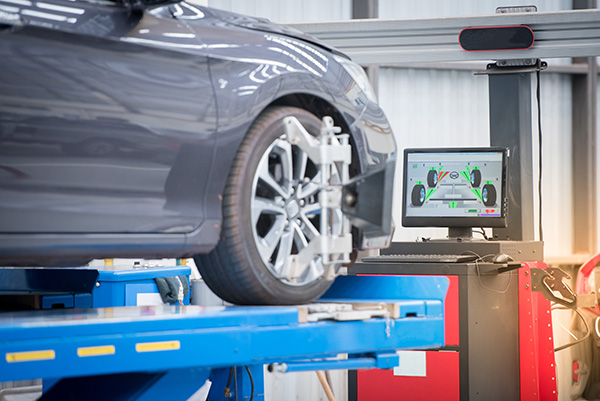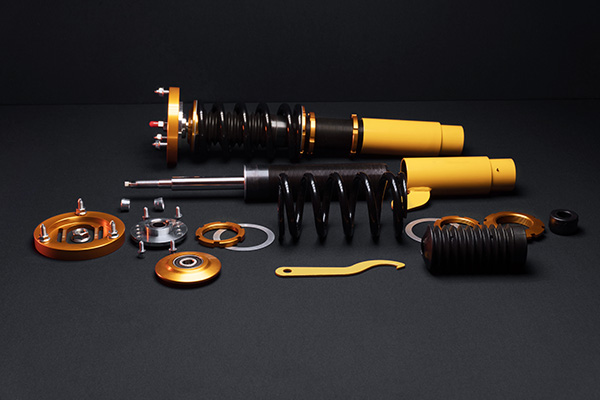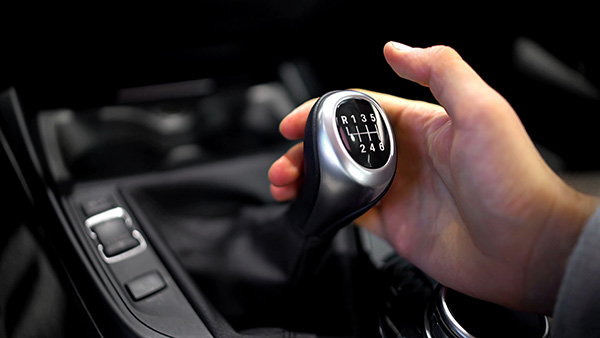Posted on 8/30/2024

With more drivers switching to hybrid vehicles to reduce their carbon footprint and fuel consumption, it’s essential to know how these cars differ in terms of maintenance. Hybrid cars, which combine a traditional internal combustion engine with an electric motor, offer impressive fuel efficiency and lower emissions. However, the unique technology behind these vehicles means maintaining them slightly differs from regular gas-powered cars. Let’s explore what you need to know to keep your hybrid car running for years to come. The Basics of Hybrid Car Maintenance Hybrid cars are designed to last, but like any vehicle, they need regular care. One of the first things hybrid owners notice is that their cars require less frequent oil changes, thanks to the electric motor assisting the gasoline engine. Because the engine doesn't work as hard, oil tends to last longer. However, it’s still crucial to follow the manufacturer’s recommended service inte ... read more
Posted on 8/21/2024

Maintaining your vehicle's health is crucial for ensuring its longevity and reliability, and one of the simplest yet most vital aspects of car maintenance is the regular oil change. You’ve probably heard it a thousand times: “Make sure you change your oil!” But why is it so important? Let’s explore why regular oil changes are critical for your car’s performance and what could happen if you skip this essential service. What Does Engine Oil Actually Do? Before diving into the importance of regular oil changes, it’s essential to understand the role engine oil plays in your vehicle. Engine oil acts as a lubricant for the various moving parts inside your engine. These components, such as pistons and valves, move at high speeds and generate significant heat due to friction. Without adequate lubrication, these parts would grind against each other, leading to excessive wear and tear. Moreover, engine oil helps to cool the engine by ab ... read more
Posted on 7/26/2024

California is known for its stunning landscapes and diverse terrain, offering everything from sandy beaches to rugged mountains. However, this beautiful scenery often comes with the downside of challenging road conditions. Whether navigating the urban jungles of Los Angeles or cruising along the winding Pacific Coast Highway, regular wheel alignment is crucial for ensuring your vehicle handles these conditions efficiently. But why exactly is it so important? The Impact of California's Road Conditions on Your Vehicle California's roads can be a mixed bag. While some highways are smooth and well-maintained, others can be riddled with potholes, uneven surfaces, and abrupt changes in elevation. These variations in road quality can wreak havoc on your vehicle's alignment. Every time you hit a pothole or drive over a rough patch, your wheels can be knocked out of alignment. This misalignment doesn't just affect your driving experience; it can lead to uneven ... read more
Posted on 6/27/2024

If you've ever felt like your car isn't driving as smoothly as it should, you might have wondered about the components involved in your vehicle's suspension system. Two critical parts of this system are shock absorbers and struts, but what exactly are they, and how do they differ? What Are Shock Absorbers? Shock absorbers, commonly known as shocks, are hydraulic devices designed to absorb and dampen the shock impulses from the road surface. They control the impact and rebound movement of your vehicle's springs and suspension, ensuring that the tires maintain contact with the road surface for optimum control and safety. What Are Struts? Struts, on the other hand, are a structural part of the suspension system. They not only perform the function of shock absorption but also provide structural support to the vehicle's suspension. This means strut ... read more
Posted on 5/29/2024

The transmission is one of the most vital components of your vehicle. It is responsible for transferring power from the engine to the wheels. Yet, many drivers unknowingly engage in habits that can significantly damage this crucial part of their car. Removing these habits can help you avoid repairs and extend the life of your transmission. 1. Shifting Gears Without Coming to a Stop One of the most common habits that can harm your transmission is shifting gears without coming to a complete stop. Whether moving from reverse to drive or drive to reverse, failing to stop fully can cause internal damage to the transmission. This action forces the transmission to abruptly change direction, putting unnecessary stress on its components. How to Avoid This: Always bring your vehicle to a complete stop before shifting gears. This simple practice can save you from significant wear and tear on your transmission ... read more